When I was at varsity I became obsessed with a movie called A Dream of Passion starring the magnificent Melina Mercouri as an aging actress staging her comeback by playing Medea, and the extraordinary Ellen Burstyn as the woman she visits who is in jail for killing her own children.
This movie is complicated, layered and brilliant, because it pulls together the strands of the original Euripides play (with bits of chilling rehearsals and then performances, even more powerful in the original Greek) and intersects it with a modern day version of the story. Another layer is the actress’s own complicated relationship with her husband, their childlessness, his affairs.
Maya the actress visits the prisoner Brenda Collins, initially as a publicity stunt. There is a moment where Brenda Collins realises that Maya has brought a camera man with her to the interview and her reaction is etched into my mind. I will never forget that moment. It is one that has served as pure acting inspiration for me my whole life.
This camera becomes really important as the film develops. A BBC film crew is documenting the process of the play; following the actress, interviewing her, and recording her as she finds the character and then herself. It is riveting and beautiful.
In a late night interview around an outside fire, when everyone has had a bit to drink and the boundaries are blurred, Maya is asked about Brenda’s guilt. She replies, “Wrong question BBC, wrong question. The question is what would drive a woman to kill the things she loves the most.”
I have never forgotten that line. It pops up so often for me; when women are blamed for the violations enacted on them, when politicians are endlessly asked the wrong questions (like Jeremy Corbyn being interrogated for the false claim of his anti-Semitism), when the impeachment hearings testifiers are bombarded with Republican spewing in the guise of questions.
The BBC has been unforgivably Tory biased in the run up to this election in the UK. They keep asking the wrong questions, covering up Boris’s horrible blunders, and they keep bringing up the anti-Semite nonsense about Jeremy Corbyn. They have remained suspicious of the ‘sale of the NHS’ to America, even in the face of proper evidence that any true journalist should have been able to find and provide. We expect this rubbish pretend reporting from Fox News. From The Sun. They are the laughing stock. But the BBC? Sies. Wrong question BBC, wrong question.
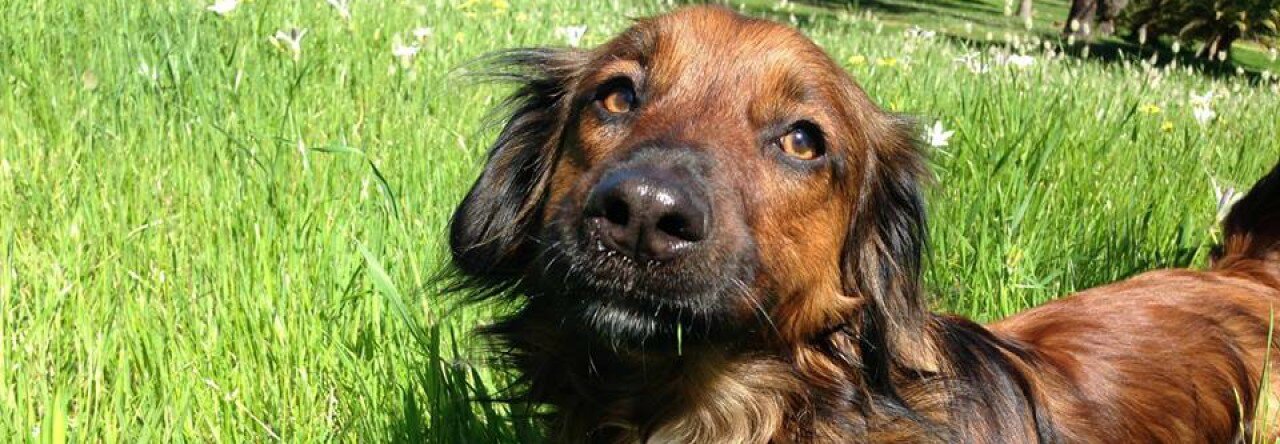

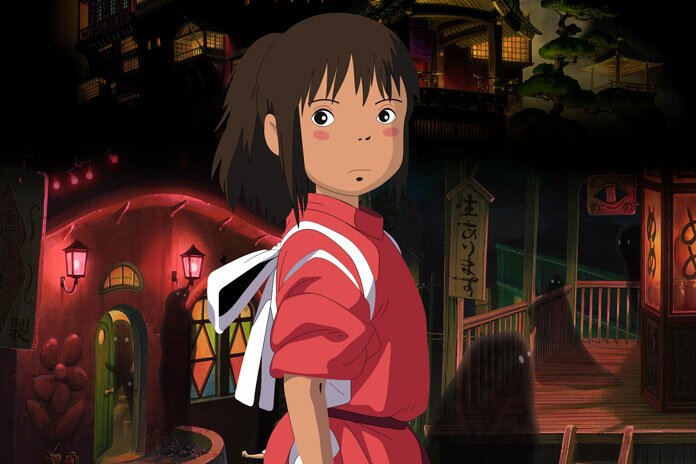

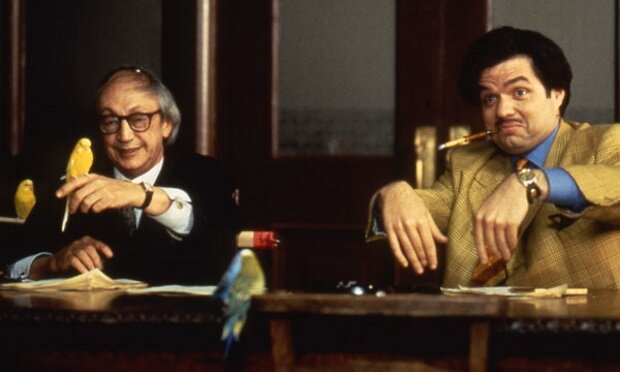
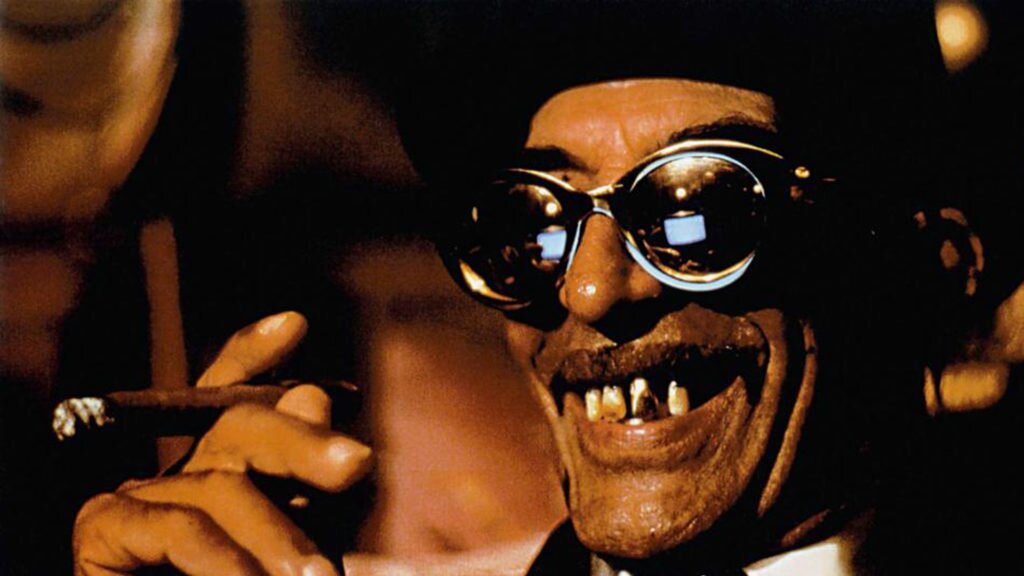



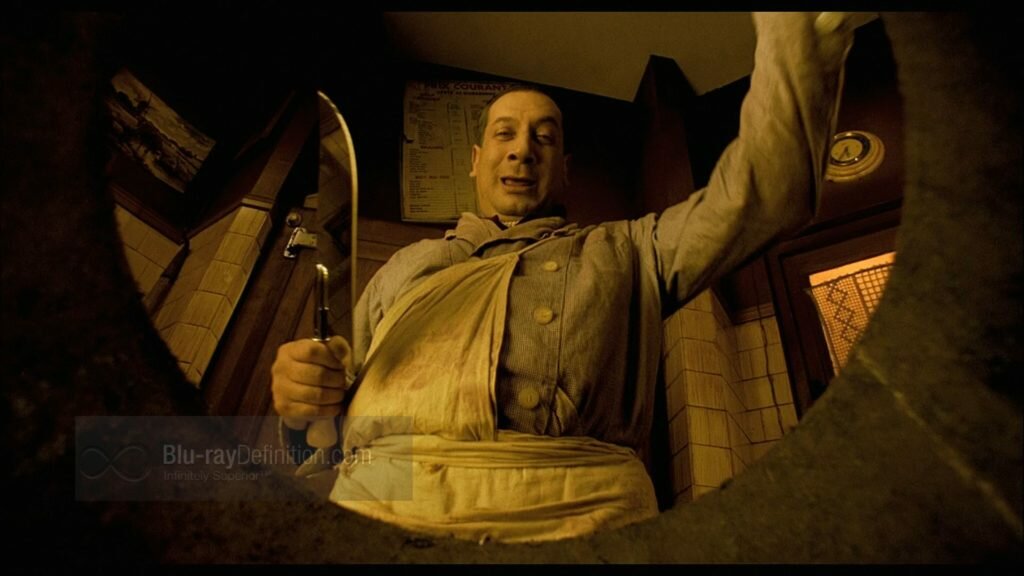
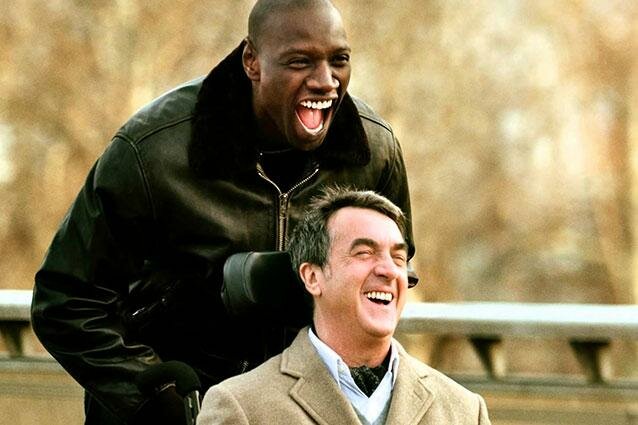
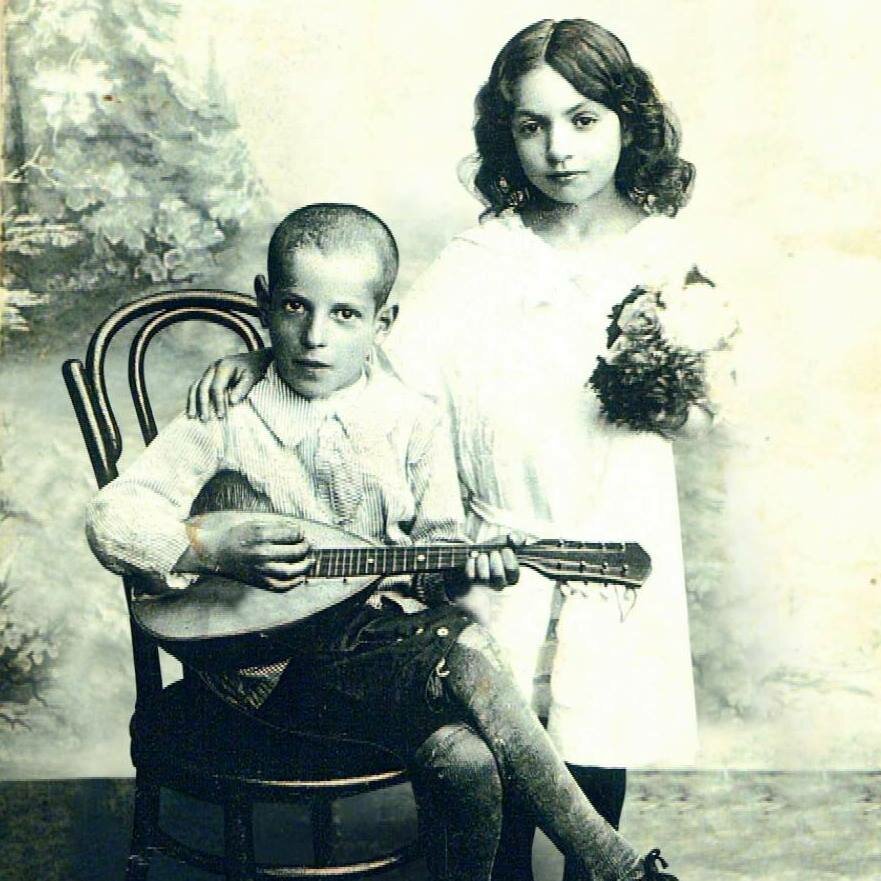 When my brother and I were tiny our family would come to Cape Town some December holidays to stay with my paternal grandparents who lived in the last house in the road in Oranjezicht. Across the road was a rugby field and then the mountain. We would wake up in the morning and head across the road to play in the stream that came off the mountain, catching tadpoles and wetting our feet, until the rest of the household woke up.
When my brother and I were tiny our family would come to Cape Town some December holidays to stay with my paternal grandparents who lived in the last house in the road in Oranjezicht. Across the road was a rugby field and then the mountain. We would wake up in the morning and head across the road to play in the stream that came off the mountain, catching tadpoles and wetting our feet, until the rest of the household woke up.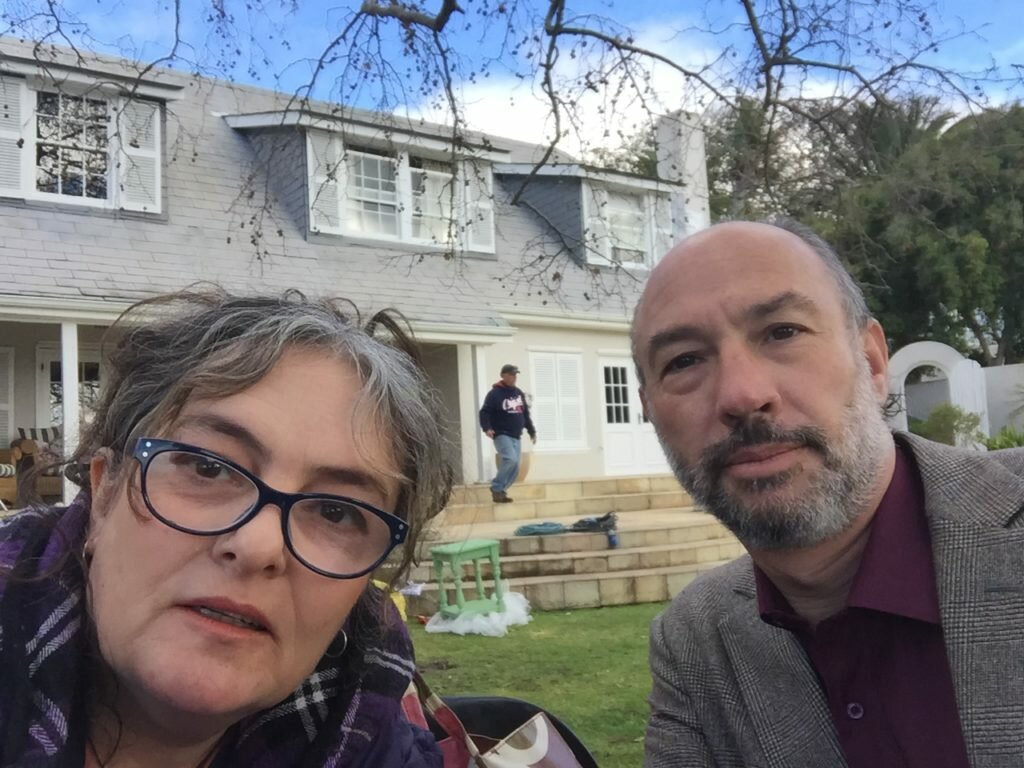
 I was watching this movie tonight. It was a movie by
I was watching this movie tonight. It was a movie by 